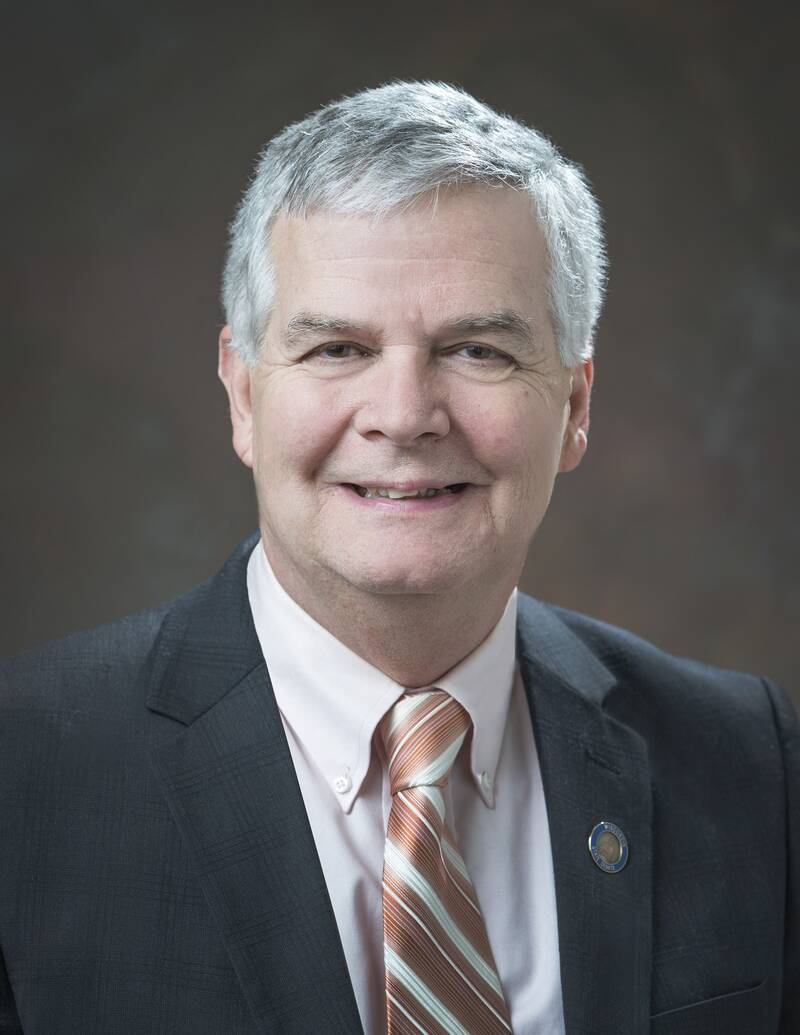It’s been eight years since anyone in our executive branch of government uttered the words “climate change.” Thankfully, Governor Tony Evers brought science, common sense and the term climate change back to Wisconsin.
Since the 1970s, Wisconsin Governors have shaped our nation’s conservation legacy. In my office, over my desk, hangs an iconic poster from Governor Gaylord Nelson’s campaign. The man from Clear Lake was ahead of his time. He did all he could to raise awareness that the earth is worth protecting.
This week we celebrated Earth Day. From recycling to burning less fossil fuels, we already felt responsible to preserve and protect our world from our destructive behaviors in 1970, when Earth Day was recognized. It was Governor Gaylord Nelson who created the concept of Earth Day as a reminder to us all that we need to do our part.
The 1970s was a decade marked with milestone environmental changes for our country. President Richard Nixon proposed the creation of the Environmental Protection Agency, Congress passed the Clean Water Act and amended the Clean Air Act. At the same time, oil companies were conducting research about how burning fossil fuels affect our climate.
I recently read a story from Scientific American about research conducted by InsideClimate News staff. They spent eight months pouring over documents and interviewing Exxon scientists and federal government officials.
The article described how researchers determined that Exxon knew of climate change since July 1977. James Black, Exxon’s senior scientist told the company’s management team, “In the first place, there is general scientific agreement that the most likely manner in which mankind is influencing the global climate is through carbon dioxide release from the burning of fossil fuels."
In a more recent article from The Guardian in September 2018, they described how Shell predicted climate change effects too. Analysts at Shell predicted a disappearance of specific ecosystems or habitat destruction, an increase in runoff, destructive floods, an inundation of low-lying farmland, the need for new sources of freshwater to compensate for changes in precipitation and global changes in air temperature would drastically change the way people live and work.
Western Wisconsin and our state as a whole is not immune to the effects of climate change. What was considered flooding that should only occur once every hundred years is now happening annually in Wisconsin. Our country is experiencing fiercer tornados and hurricanes and long droughts out west are creating dangerous fire conditions. Globally, we are experiencing stronger and more frequent earthquakes and tsunamis.
Like cigarette companies that knew the health effects of smoking, oil companies knew that burning fossil fuels would harm our planet. The damage may be irreversible. Just like quitting tobacco, we need to change our habits. It takes everyone to pitch in if we are going to make a difference.
It’s encouraging to see so many municipalities adopt the Paris Climate Agreement even if the White House pulls the United States out. Even our Governor is pitching in by including big changes in his budget proposal for reducing our carbon footprint here in Wisconsin. Governor Tony Evers’ budget includes a provision setting a goal of 100% carbon-free electricity generation in Wisconsin by 2050. He also proposes using the Volkswagen emissions settlement funds for purchasing new public buses and installing new electric car charging stations.
We can all play a part. We must all play a part. As I continually say, if we err when making decisions on education or health care or transportation, we can fix it. But if we poison our water, air and earth, we cannot fix it. Think about how we leave this earth for generations to come. Every day needs to be Earth Day!



Add new comment